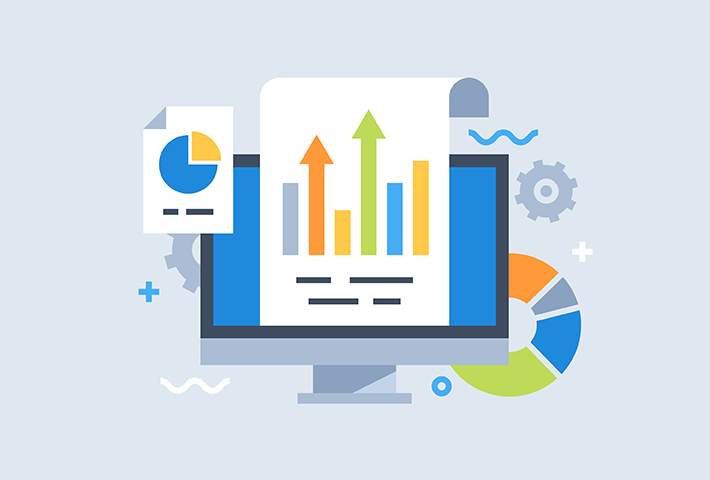3 minute read
Three ways to stay ahead of the game for the year ahead
As 2020 recedes in the rearview mirror, it’s time to prepare for the financial moves that will help make the rest of this year a success. At First Foundation, we want you to have the tools you need to thrive in 2021 and beyond. Here are three financial trends to track that can help you make the most of your finances, no matter where you are in your financial journey.
Saving is up
Despite the economic turmoil of 2020, many Americans were actually able to save a significant amount of money in the past year. In fact, household saving almost tripled during the first half of the year—a record in modern history. And that savings has the potential to be a boon both for individual households and the economy as a whole as we head toward economic recovery.
What you can do: No matter where the pandemic has left your personal finances, creating a saving strategy should be a top priority for the coming year. A savings cushion can help you avoid economic hardship during future crises and work toward longer-term goals.
Start by making sure you have a robust emergency fund equal to three to six months of basic living expenses in a savings account. If you already have an emergency fund, you can start saving for longer-term goals, such as a down payment on a house.
Consider using money market accounts or CDs that offer higher interest rates to help boost your savings. If you have a hard time prioritizing saving—especially if money is tight—look for ways to automate your savings through regular, preset transfers from your checking account.
Student loan debt payments will return
Fortunately for millions of student loan borrowers, in late January the Biden administration extended the pause on student loan payments that was in effect for much of last year, at least through September 2021. While individuals can continue to take advantage of the reprieve for now, come October, they will have to find a way to start making payments again.
What you can do: A good first step right now is to look at your student loan account statement to find out where your loans currently stand and the expected due date and amount of your next payment. Make sure that payment amount is still covered in your monthly budget, even while paused.
If your income level has changed since the pandemic, be sure to consider programs such as income-based repayment (IBR) or income-contingent repayment (ICR), which can drastically lower your monthly payments and make them more manageable.
People are seeking help from financial professionals
The economic fallout from the COVID-19 pandemic led many Americans to seek advice from financial professionals. For some, it was relatively easy to take a DIY approach to financial planning when the economy was doing well. Now, more people are looking to professional advice than in past years for help reducing their financial stress and improving their situation.
What you can do: If you’ve never sought professional advice on your finances, consider this the year to start. We can help you develop and stick to a financial plan that’s right for you, whether you’re looking to pay off new debts, save for a more secure future, or work toward other financial goals.
Instead of simply relying on algorithms to create a plan, financial planners can help you organize your finances, assess your goals, and then create a plan that is unique to your situation.
Looking to the year ahead and beyond
None of us can be sure exactly what the future holds—but—if we learned anything from 2020, it’s that when it comes to personal finances you can never be too prepared. We can help you get ready for whatever might be coming around the corner next.
Check out our Savings Goal Calculator to see what it will take to reach your goals.



